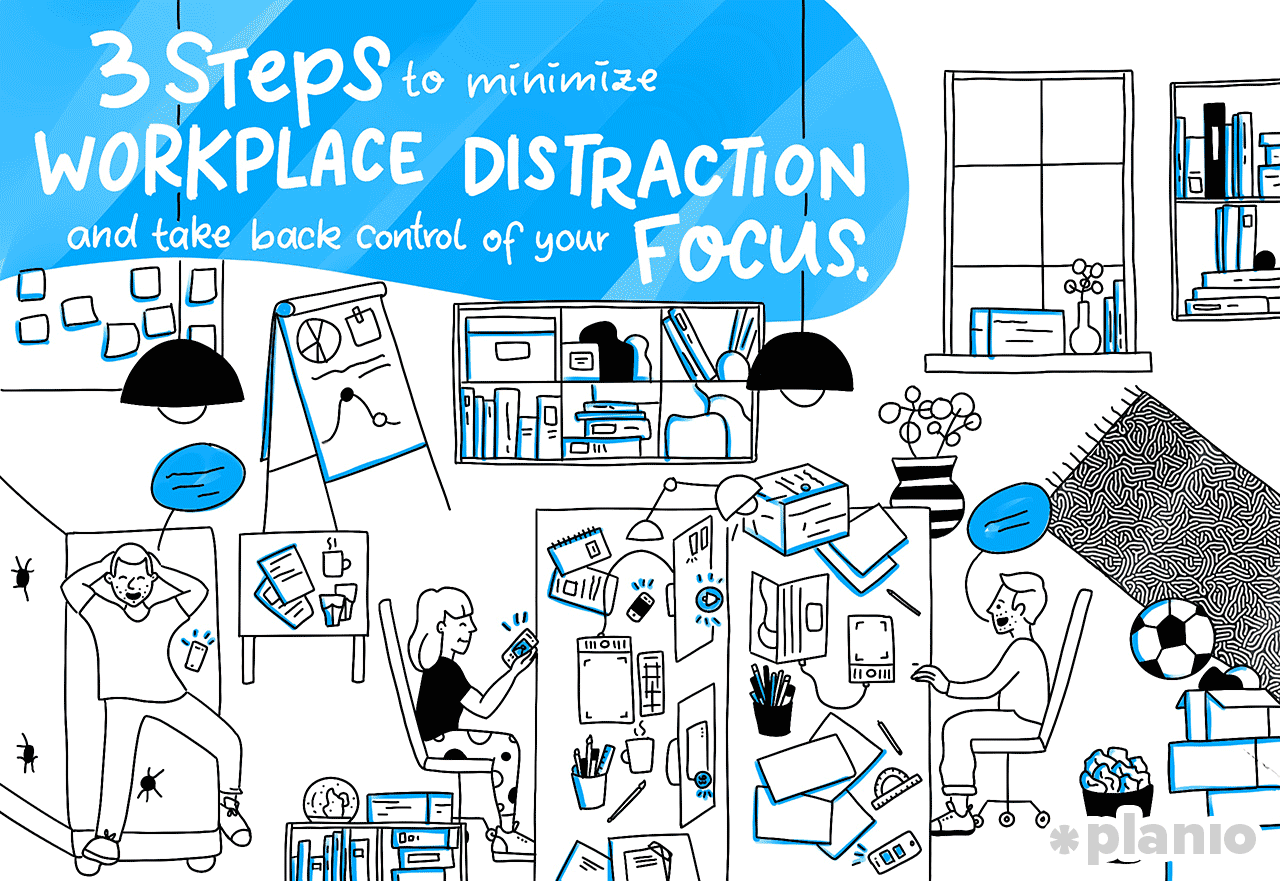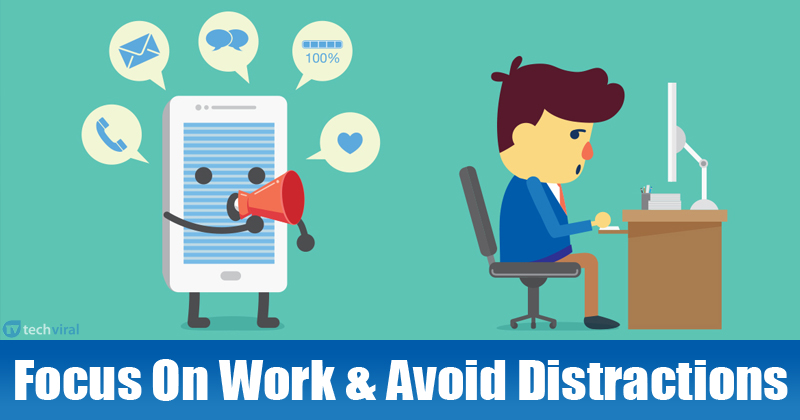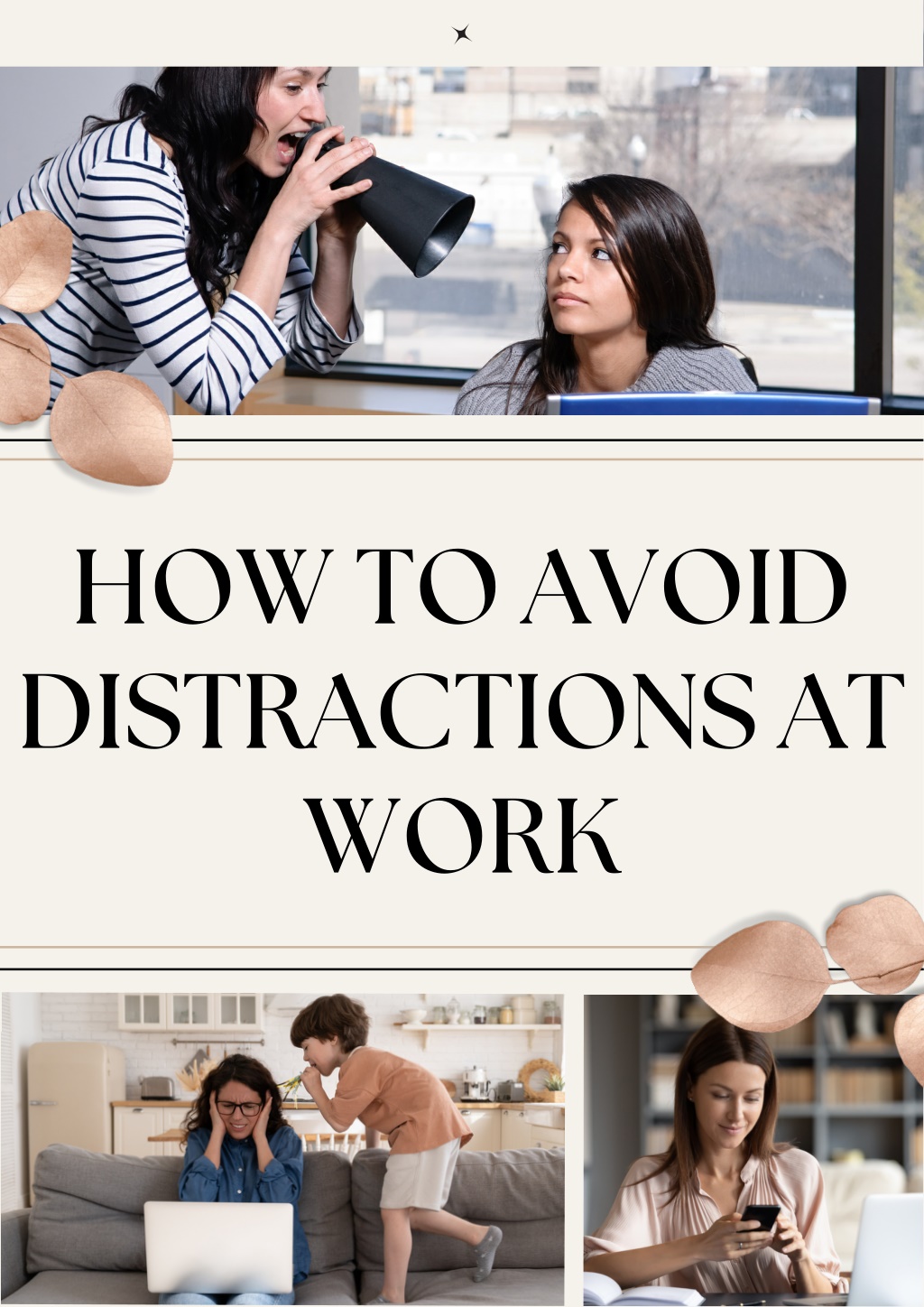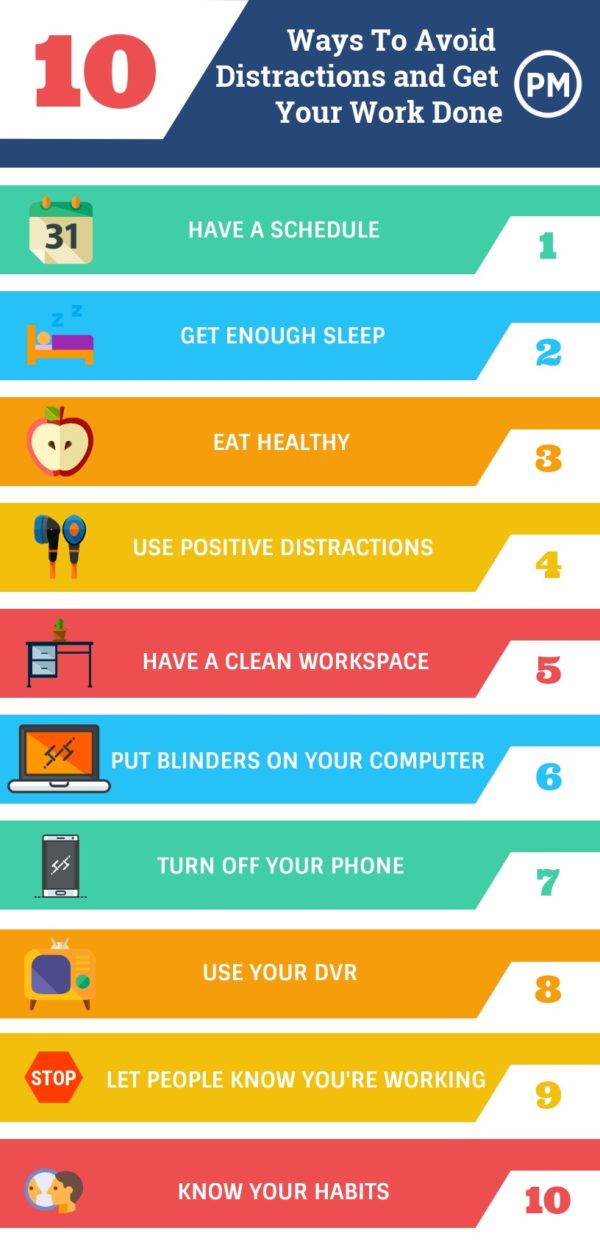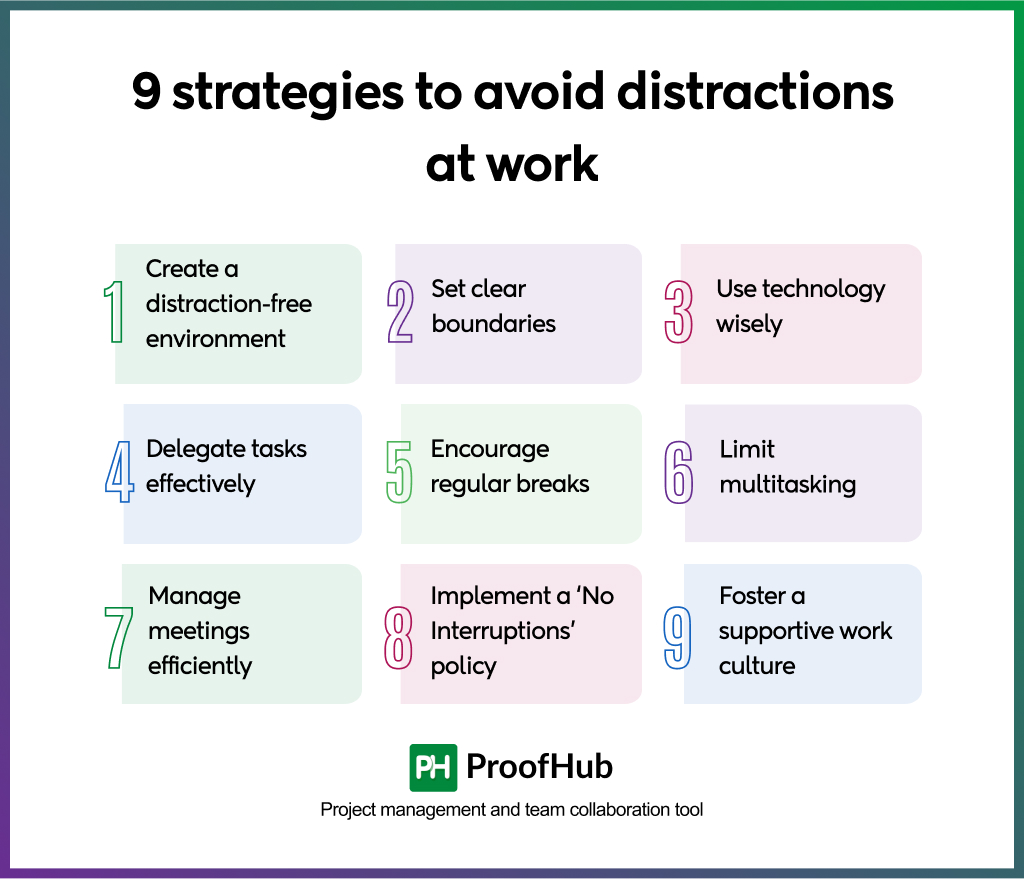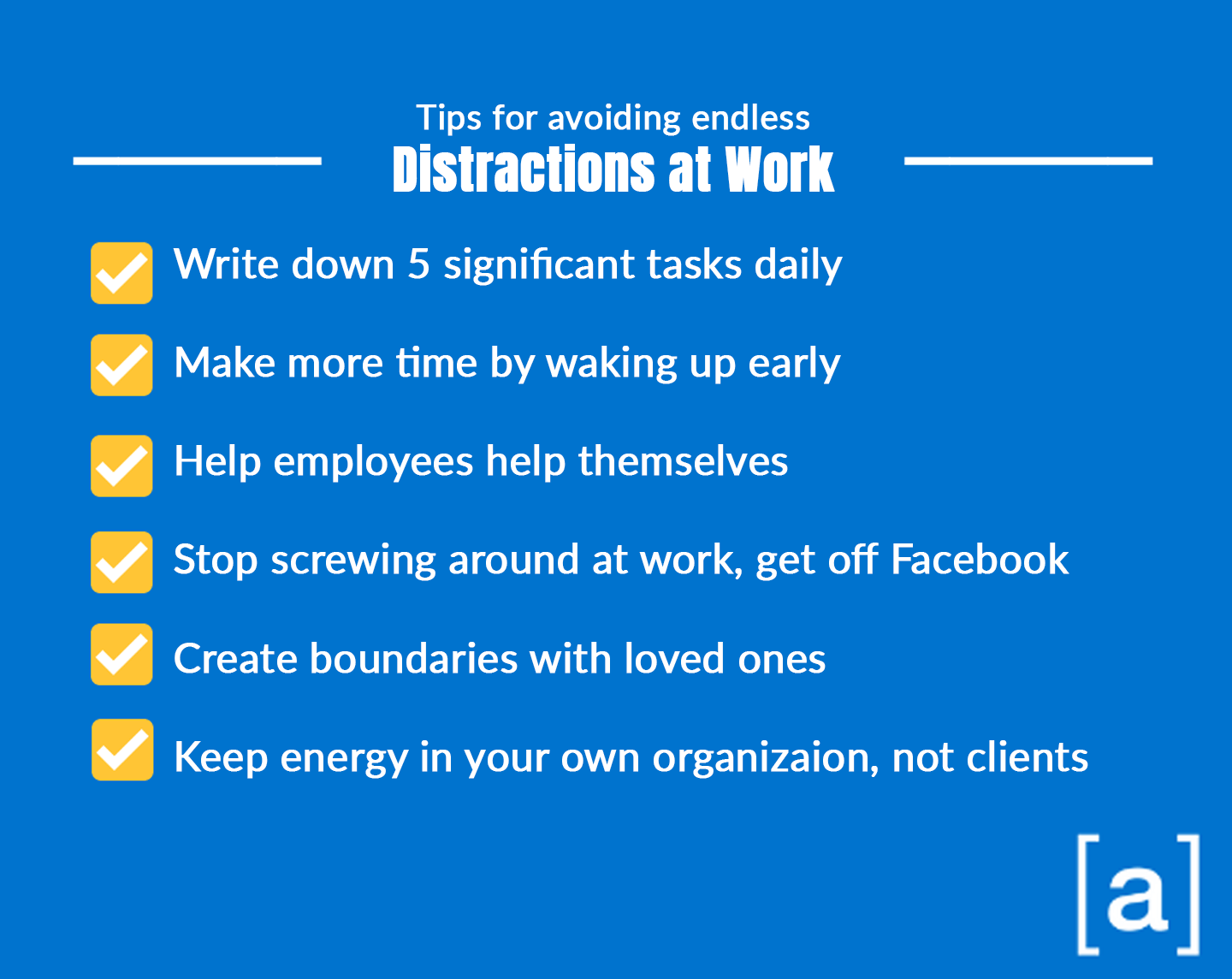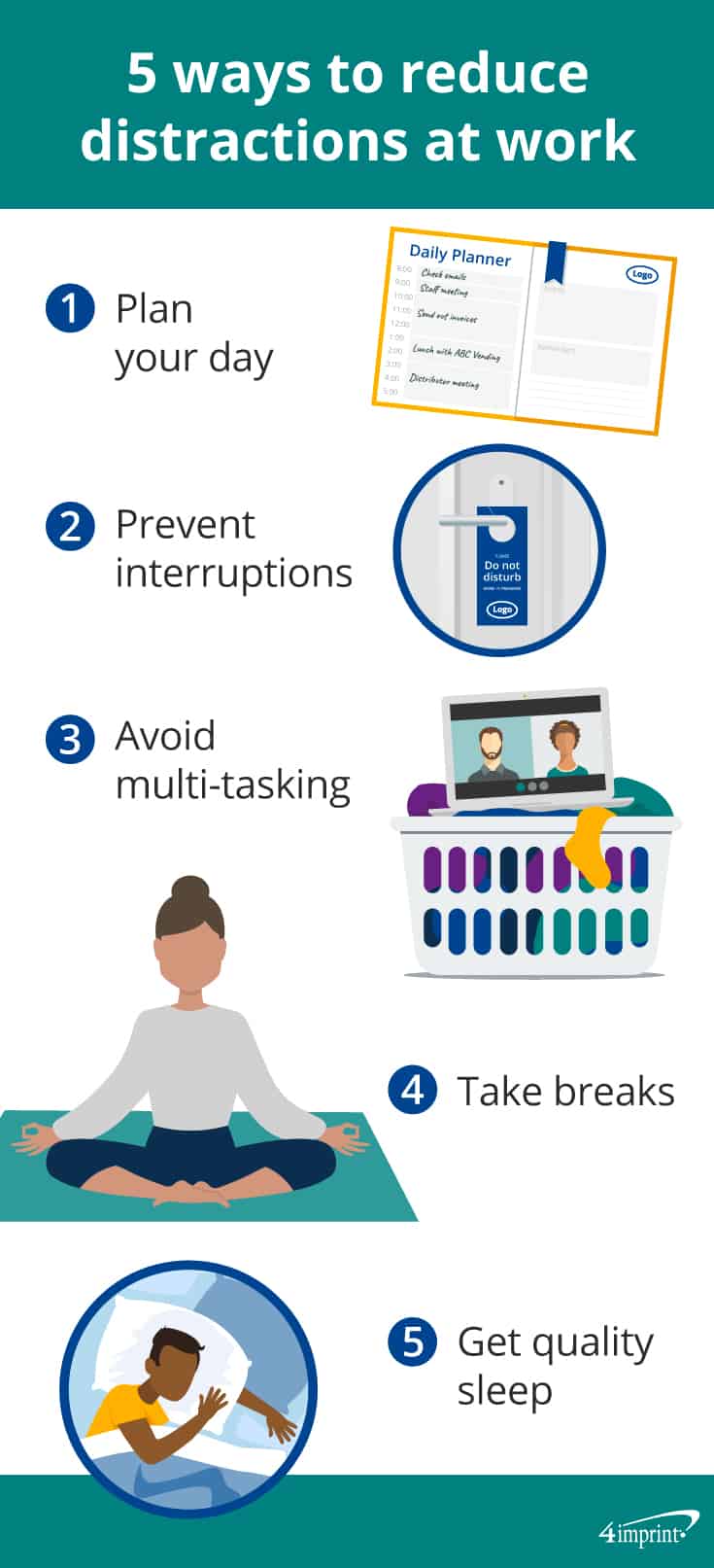10 Quick Tips For Avoiding Distractions At Work

The midday sun streams through the office window, illuminating dust motes dancing in the air. A colleague's laughter drifts in from across the room, competing with the rhythmic tapping of keyboards and the gentle hum of the air conditioner. You're staring at your screen, ostensibly working, but your mind is miles away, replaying a funny meme or planning your weekend getaway.
Distractions at work are a universal struggle, impacting productivity and well-being. But fear not, beleaguered worker! This article offers 10 actionable tips to help you reclaim your focus and conquer the chaos, based on insights from productivity experts and organizational studies.
Reclaiming Your Focus: 10 Practical Strategies
1. Embrace the Power of Prioritization: Start your day by identifying your most important tasks. The Eisenhower Matrix, categorizing tasks as urgent/important, helps focus on what truly matters.
Tackle those high-impact items first when your energy is highest. This proactive approach minimizes reactive responses to less important distractions.
2. Time Blocking is Your Friend: Allocate specific blocks of time for specific tasks. Treat these blocks as unbreakable appointments with yourself.
Turn off notifications and inform colleagues you're unavailable during these periods. This creates dedicated focus time, crucial for deep work.
3. The Mighty Pomodoro Technique: Work in focused 25-minute intervals followed by a short 5-minute break. This cyclical approach prevents burnout and maintains concentration.
Experiment with different work/break ratios to find what works best for your attention span. Regular short breaks are more effective than infrequent long ones.
4. Notification Nirvana: Silence the Noise: Turn off or mute all non-essential notifications on your computer and phone. Constant pings and buzzes are attention vampires.
Consider using a website blocker to limit access to distracting sites during work hours. Schedule specific times to check email and social media.
5. Create a Dedicated Workspace: Designate a specific area in your home or office solely for work. This helps mentally separate work from relaxation.
Keep your workspace clean, organized, and free from clutter. A tidy environment promotes a tidy mind, according to studies on environmental psychology.
6. Communicate Your Boundaries: Let your colleagues and family know when you need uninterrupted time to focus. Clear communication is key to managing expectations.
Don't be afraid to politely decline non-urgent requests or meetings. Protecting your time is essential for maintaining productivity.
7. Harness the Power of Music (Strategically): Listen to instrumental music or white noise to drown out distracting sounds. Choose music without lyrics, as lyrics can be cognitively distracting.
Experiment with different genres to find what helps you focus. Some people find classical music conducive to concentration, while others prefer ambient sounds.
8. The Two-Minute Rule: If a task takes less than two minutes, do it immediately. This prevents small tasks from piling up and becoming overwhelming.
Responding to a quick email, filing a document, or making a phone call can often be handled instantly. Don't procrastinate on the easy stuff!
9. Embrace Mindfulness and Meditation: Practice mindfulness techniques to improve your ability to focus and control your attention. Even a few minutes of daily meditation can make a difference.
Mindfulness helps you become more aware of your thoughts and feelings, allowing you to redirect your attention when it wanders. Apps like Headspace and Calm offer guided meditation sessions.
10. Be Kind to Yourself: Everyone gets distracted sometimes. Don't beat yourself up about it. Acknowledge the distraction, gently redirect your attention, and move on.
Perfection is the enemy of progress. Focus on making gradual improvements in your ability to manage distractions.
The Bigger Picture: Why Focus Matters
Effective focus is not just about getting more work done; it's about improving your overall well-being. Reducing distractions can lead to decreased stress, increased job satisfaction, and a greater sense of accomplishment.
According to a study by the University of California, Irvine, it takes an average of 23 minutes and 15 seconds to regain full focus after an interruption. Minimizing these interruptions significantly boosts productivity.
Ultimately, mastering the art of focus is a continuous journey. Experiment with different techniques, find what works best for you, and celebrate your progress along the way. The ability to concentrate deeply is a valuable skill that will benefit you both professionally and personally. So, silence the noise, embrace the present, and unlock your full potential.
